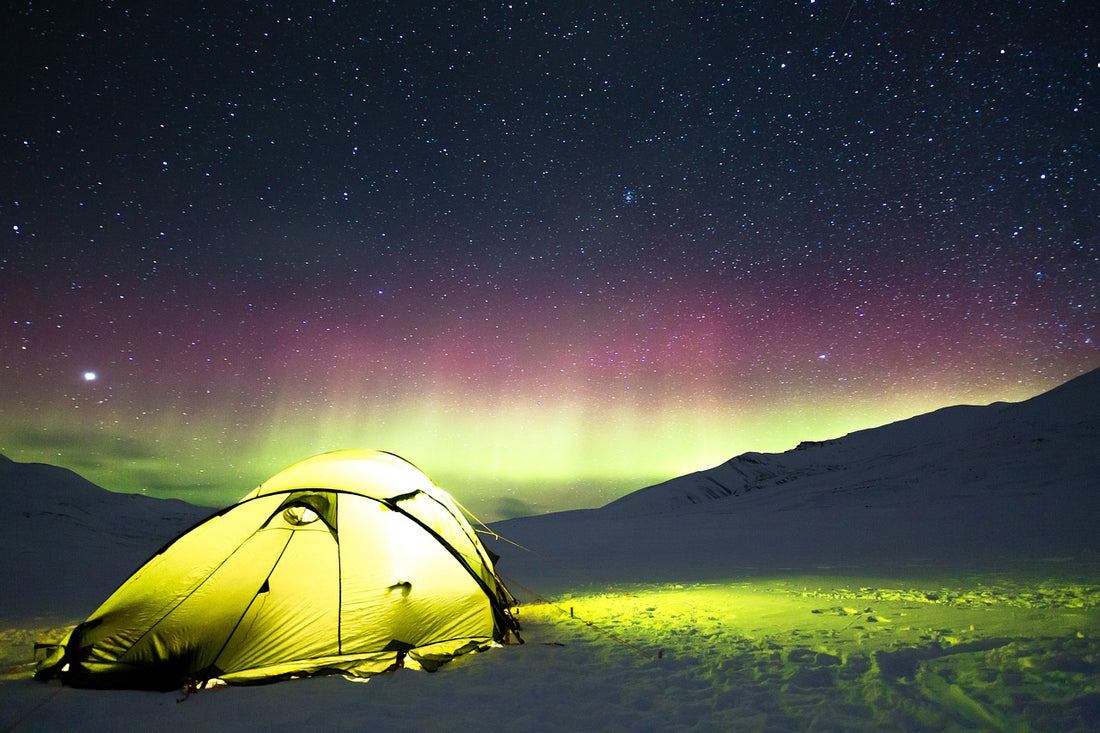
Winter Camping
Winter camping offers a serene and unique experience, but it comes with specific challenges and requires thorough preparation. Here are key points to consider for a successful winter camping trip:
-
Gear and Equipment:
- Four-Season Tent: Invest in a tent designed for winter conditions. It should be sturdy, able to handle snow loads, and have adequate ventilation to prevent condensation.
- Sleeping Bag: Use a sleeping bag rated for temperatures well below the expected lows. Consider a bag with a down or synthetic fill that provides excellent insulation.
- Sleeping Pad: A high R-value pad is essential to insulate you from the cold ground and improve sleeping comfort.
-
Clothing:
- Layering: Wear moisture-wicking base layers, insulating mid-layers (such as fleece or down), and a waterproof, windproof outer layer. Layering helps manage body temperature and moisture.
- Accessories: Don't forget thermal socks, insulated gloves, a warm hat, and a neck gaiter. Keeping extremities warm is crucial in cold weather.
-
Campsite Selection:
- Location: Choose a sheltered spot, preferably with natural windbreaks. Avoid camping in areas prone to avalanches or where snow accumulation might be excessive.
- Snow Insulation: Camp on a snow layer if possible, which provides insulation and helps in creating a level site.
-
Cooking and Hydration:
- Stove: A liquid fuel stove performs better in cold temperatures compared to canister stoves. Carry extra fuel to ensure you have enough for the trip.
- Food: Pack high-calorie, easy-to-prepare meals. Eating more frequently helps maintain energy levels and body warmth.
- Water: Prevent water sources from freezing by using a thermos or insulated water bottle. Melting snow for water is an option, but be prepared for additional fuel use.
-
Safety and Preparedness:
- Weather Check: Monitor weather forecasts before and during your trip. Be ready for sudden changes in conditions.
- Avalanche Awareness: If camping in mountainous areas, familiarize yourself with avalanche safety and carry appropriate gear (avalanche beacon, probe, and shovel).
- Emergency Plan: Have a plan in case of emergencies, including how to contact help if needed.
With proper preparation and equipment, winter camping can be an invigorating and tranquil adventure.
